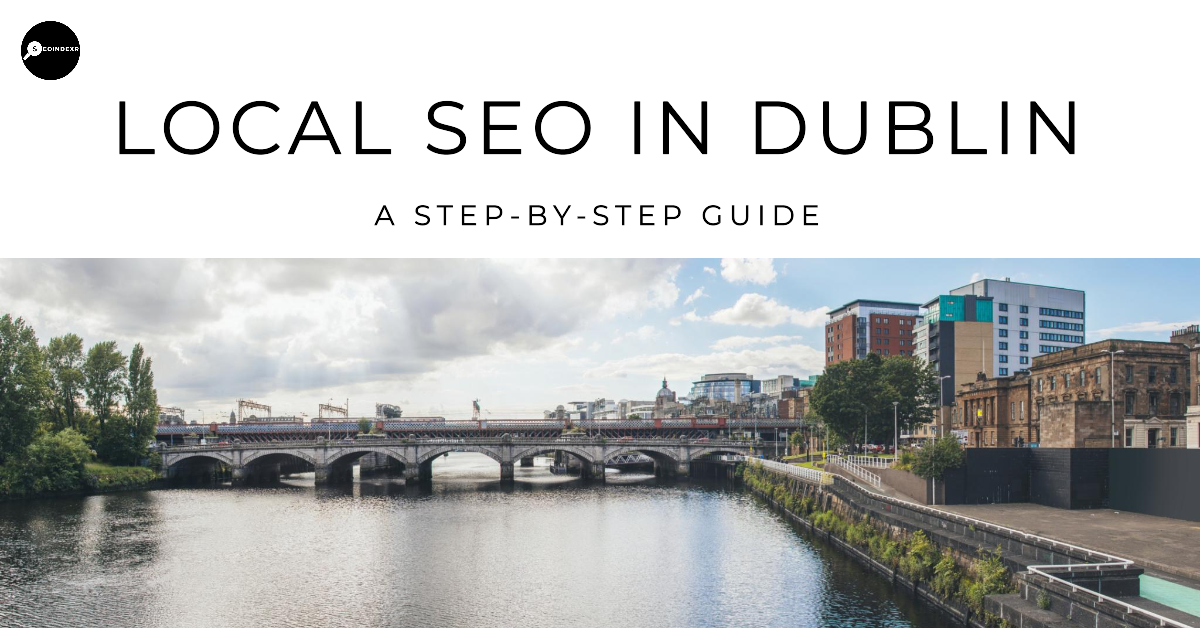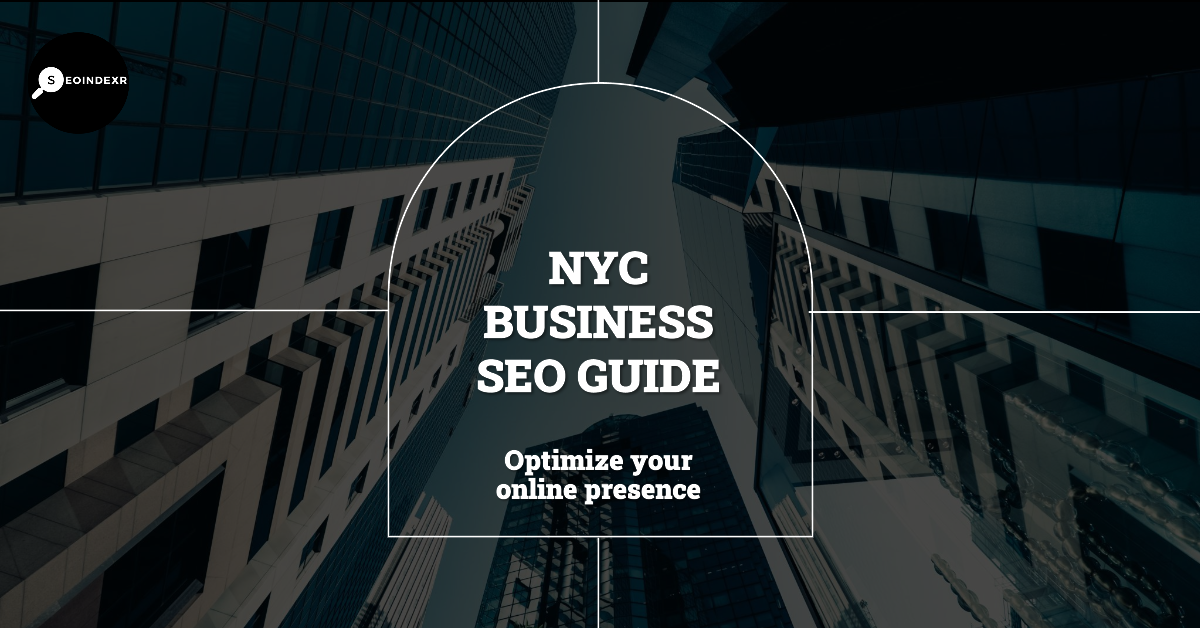In today’s digital world, having a website is not enough. You need to make sure that your website is optimised for search engines to ensure that it ranks high in search results. A search optimised website can help you reach a larger audience and increase traffic to your site. However, there are certain things that you should avoid when developing such a website. In this article,
we will look at the common mistakes that businesses make when building search optimised websites and what you can do to avoid them.
Table of Contents
ToggleFocusing Too Much on Keywords:
While it’s important to use relevant keywords in your content, focusing too much on them can be counterproductive. Keyword stuffing, or overusing keywords in an attempt to manipulate search rankings, can result in penalties from search engines. Instead, aim to incorporate keywords naturally and prioritise creating valuable content for your audience.
Neglecting User Experience:
User experience plays a crucial role in search engine optimization. Websites that are difficult to navigate, slow to load, or lack engaging content are less likely to rank well in search results. Make sure your website is easy to use and provides a positive experience for your visitors. This can include using clear navigation, providing valuable content, and ensuring your website is optimised for different devices.
Overlooking Mobile Optimization:
As more and more users access the internet from mobile devices, it’s essential to optimize your website for mobile. This means ensuring your website is responsive, meaning it adapts to different screen sizes, and loads quickly on mobile devices. Failure to optimize for mobile can result in a poor user experience and lower search rankings.
Ignoring Site Speed:
Site speed is a critical factor in search engine optimization. Slow loading times can result in higher bounce rates, meaning visitors leave your site quickly. This can negatively impact search rankings. To ensure your website loads quickly, optimize images, minimize code, and use a content delivery network (CDN) to cache your site’s content.
Using Duplicate Content:
Using duplicate content on your website can harm your search rankings. Search engines aim to provide unique and valuable content to users, and duplicate content can confuse search engines and result in penalties. Make sure all of your content is original and provides value to your audience.
Keyword Stuffing:
Keyword stuffing is the practice of overusing keywords in an attempt to manipulate search engine rankings. This can include adding keywords to irrelevant content or repeating them excessively. Search engines penalize websites for keyword stuffing, and it can ultimately harm your website’s rankings. Instead, aim to use keywords naturally and provide valuable content for your audience.
Using Irrelevant Keywords:
Using irrelevant keywords in your content can also harm your website’s search rankings. It’s important to use relevant keywords that align with the content on your website. Using irrelevant keywords can confuse search engines and lead to penalties. Make sure to use keywords that are relevant to your content and target audience.
Neglecting User Experience:
Neglecting user experience is another common mistake in SEO. Search engines prioritize websites that provide a positive user experience, meaning your website should be easy to navigate, load quickly, and offer valuable content. Neglecting user experience can result in a higher bounce rate, negatively impacting search rankings.
Not Using Intuitive Navigation:
Intuitive navigation is essential for a positive user experience. Your website should be easy to navigate, with clear categories and menus that help users find what they’re looking for. Neglecting intuitive navigation can lead to frustration for users and harm your website’s search rankings.
Poor Website Design:
A poor website design can harm your search rankings and user experience. A website should be visually appealing, easy to navigate, and load quickly. Poor website design can result in a higher bounce rate and lower engagement, negatively impacting search rankings.
Overlooking Mobile Optimization:
As more and more users access the internet from mobile devices, it’s crucial to optimize your website for mobile. This includes using a responsive design, ensuring your website loads quickly on mobile devices, and optimizing for mobile search. Neglecting mobile optimization can harm your website’s search rankings and user experience.
Not Using a Responsive Design:
A responsive design is a design that adapts to different screen sizes and devices. Using a responsive design is essential for a positive user experience and good search rankings. Not using a responsive design can lead to frustration for users and harm your search rankings.
Not Optimizing for Mobile Search:
Optimizing for mobile search is essential for websites that receive a lot of mobile traffic. This includes using mobile-specific keywords, providing valuable content for mobile users, and ensuring your website loads quickly on mobile devices. Neglecting mobile optimization can harm your search rankings and user experience.
Ignoring Site Speed:
Site speed is a critical factor in search engine optimization. Slow loading times can result in a higher bounce rate and lower engagement, negatively impacting search rankings. To ensure your website loads quickly, use optimized images, minimize code, and use a content delivery network (CDN) to cache your site’s content.
Using Large Media Files:
Using large media files on your website can slow down your site’s loading time and harm your search rankings. To ensure your website loads quickly, optimize images and videos, and consider using a content delivery network (CDN) to cache your site’s content.
Poor Website Hosting:
Poor website hosting can also harm your website’s search rankings and user experience. Your website should be hosted on a reliable and fast server to ensure it loads quickly and is always accessible. Poor website hosting can result in downtime and slow loading times, negatively impacting search rankings.
Using Duplicate Content:
Using duplicate content can harm your website’s search rankings. Search engines prioritize unique and valuable content, and using duplicate content can confuse search engines and lead to penalties. To avoid using duplicate content, create original content and avoid copying content from other websites. If you need to use content from other sources, make sure to properly cite and link to the original source.
Not Using Meta Descriptions:
Meta descriptions are short summaries of your website’s content that appear in search engine results. Not using meta descriptions can harm your search rankings and user experience. Make sure to write clear and concise meta descriptions that accurately describe your website’s content and include relevant keywords. This can help improve click-through rates and ultimately lead to higher search rankings.
In Short
- Don’t focus too much on keywords. Instead, focus on creating high-quality content that provides value to your audience.
- Avoid keyword stuffing at all costs. This not only makes your content difficult to read, but it can also hurt your search rankings.
- Use relevant keywords that are specific to your business or industry.
- Don’t neglect user experience. Make sure your website is easy to navigate and has a clear call to action.
- Use intuitive navigation that makes it easy for users to find what they are looking for.
- Invest in good website design to create a professional and engaging online presence.
- Ensure that your website is optimized for mobile devices. More people are using their smartphones to access the internet, and you don’t want to miss out on this traffic.
- Use a responsive design that adapts to different screen sizes and resolutions.
- Optimize your website for mobile search by using mobile-friendly content and ensuring that your site is easily accessible on mobile devices.
- Pay attention to site speed. Slow loading times can negatively impact user experience and search rankings.
- Avoid using large media files that can slow down your website. Instead, optimize images and videos for the web.
- Choose a reliable website hosting service that ensures your site is up and running at all times.
- Avoid using duplicate content as it can hurt your search rankings and result in penalties.
- Use meta descriptions to provide a brief summary of your content and entice users to click through to your website.
Conclusion:
When developing a search optimized website, it’s important to focus on creating high-quality content that provides value to your audience. Avoid the common mistakes outlined in this article, such as keyword stuffing, neglecting user experience, overlooking mobile optimization, ignoring site speed, and using duplicate content. By following these tips, you can create a website that not only ranks well in search results but also provides a positive user experience. Remember to keep your website updated and optimized for search engines to ensure that you remain competitive in today’s digital landscape. If are having trouble you can connect with via email or contact us via bubble directly to our Seo Consultant For Free
FAQs:
Q: What is keyword stuffing?
A: Keyword stuffing is the practice of using too many keywords in your content to try and manipulate search engine rankings.
Q: Why is mobile optimization important?
A: Mobile optimization is important because more people are using their smartphones to access the internet. If your website is not optimized for mobile devices, you could be missing out on a significant amount of traffic.
Q: Why is site speed important for search engine optimization?
A: Site speed is an important factor for search engine optimization because it impacts user experience. Slow loading times can result in a higher bounce rate and lower engagement, which can ultimately affect search rankings.
Q: Can using duplicate content hurt my website’s search rankings?
A: Yes, using duplicate content can hurt your website’s search rankings. Search engines may penalize websites that use duplicate content because it can make it difficult to determine the original source of the content.












